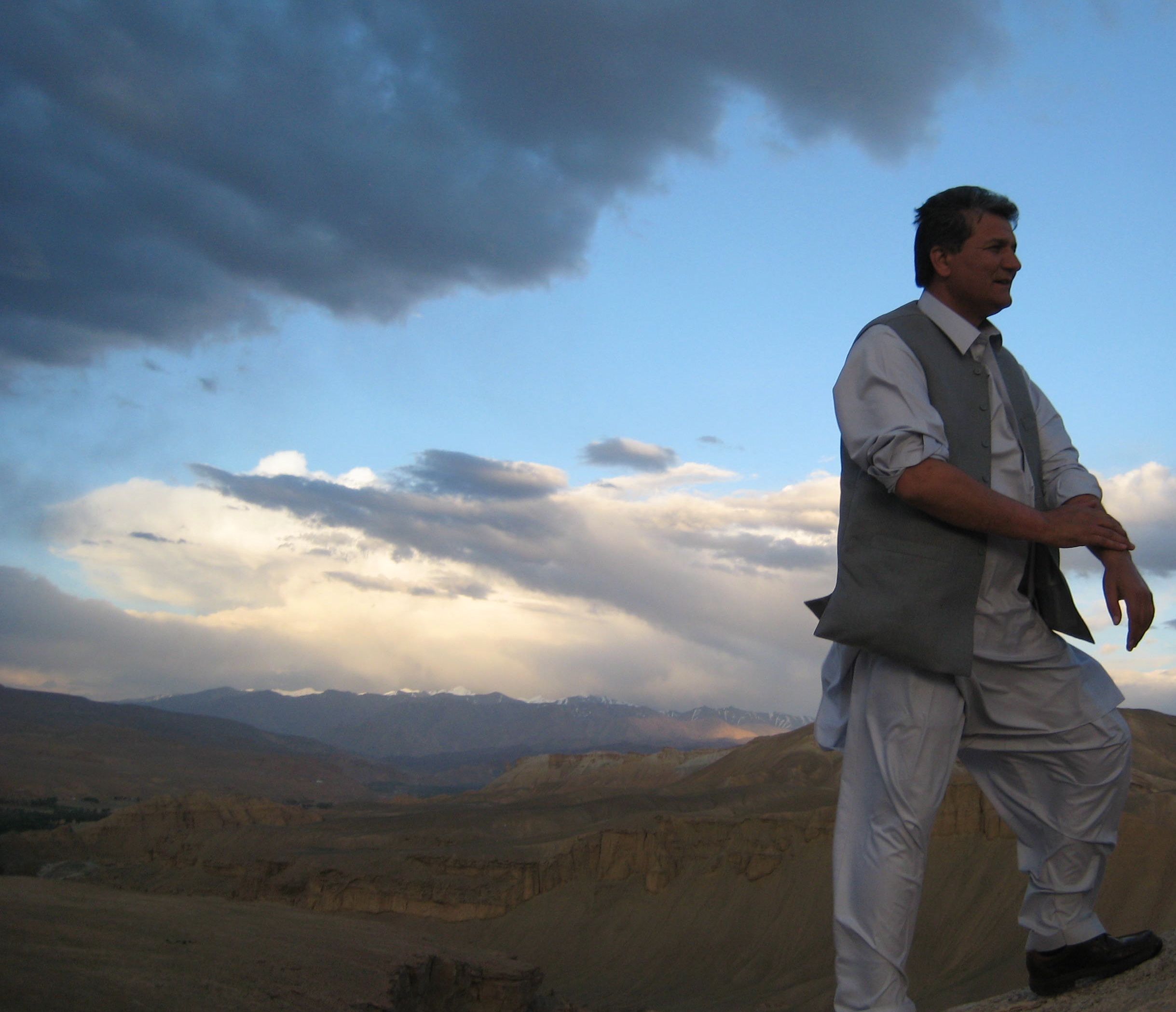Klein College students participating in the Globalization and Development Communication (GDC) master’s program are gaining practical experience to facilitate budgets and programs in countries like Afghanistan.
This semester, GDC students working with Dr. Wazhmah Osman and Dr. Andrea Wenzel are collaborating with representatives from the Afghanistan Education Program Organization (AEPO). The students are drafting proposals and helping to raise funding to support radio programs for the network.
AEPO is a nonprofit, non-government related organization that produces radio programming to educate and inform the people of Afghanistan. While the organization is now independent, it was established by the BBC World Service in 1994.
On Feb. 7, students had the opportunity to speak with Shirazuddin Siddiqi via Skype while he was in London. Wenzel previously worked with Siddiqi with BBC Media Action in Afghanistan. Siddiqi was a big contributor to AEPO who previously taught drama at Kabul University. Among his contributions to AEPO was creating an Afghan drama called "New Home, New Life". It's used to educate all people of Afghanistan regardless of ethnicity or language.
"New Home, New Life" uses real-life situations to explore serious concerns facing Afghans, including land mines, education for women, and maternal and fetal care in pregnancy.
"New Home, New Life aimed to appeal to all Afghans irrespective of ethnicity or region," said Wenzel. "For that reason the program was broadcast in both of the two national languages, Dari and Pashto, and they tried to make sure things like names of the characters and details used about the village could appeal to people no matter where they came from."
"In Afghanistan, the education system is manipulative, so we were trying not to be like that in 'New Home, New Life'," Siddiqi said. "We wanted the storylines to be as open-ended as possible."
Siddiqi said that "New Home, New Life" strives to present characters taking different routes to address challenges and facing the appropriate consequences or seeing successes.
Siddiqi also spoke about the program he created for BBC called "Open Jirga." The show invited citizens in Afghanistan who speak both Dari and Pashto to openly discuss their government.
Due to the use of both Afghan languages being used on "Open Jirga," the show promoted a unity that was new to television in Afghanistan.
Siddiqi said the production team for the show selected citizens for participation who would be as critical as possible of the government, to keep the lawmakers on their toes. Following the third episode, the former president of Afghanistan, Hamid Karzai, reached out to the "Open Jirga" producers, asking to appear on the show before citizens. A citizen asked a question about his disability allowance which later prompted the government to significantly increase funding for disability programs.
While "Open Jirga" is no longer in production, there are many other networks around Afghanistan that now prompt similar interactions between citizens and lawmakers.
After watching "New Home, New Life," citizens reported having more positive outlooks on life after seeing characters rebuild their lives after facing similar experiences.

